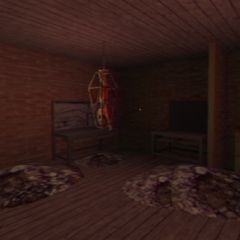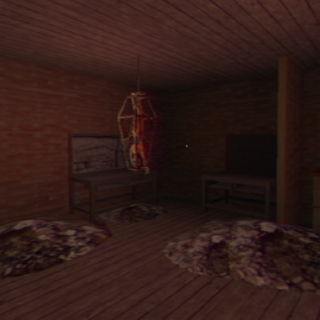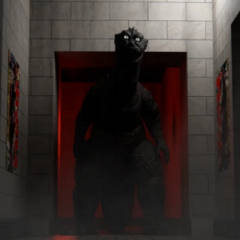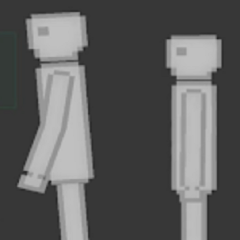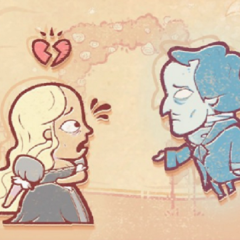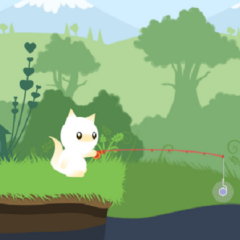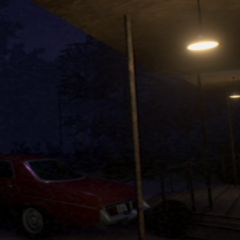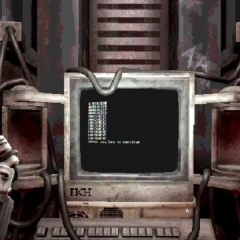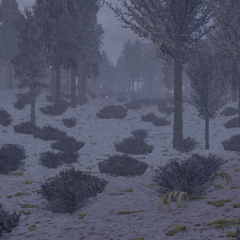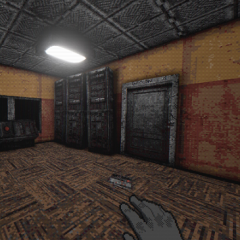The Condition starts with a quiet arrival. You have rented an isolated house for a fixed period—three months. The agreement is simple: maintain the property, pay on time, and never open a certain door. The rule is stated plainly, without explanation. The first days feel ordinary. You clean, arrange furniture, and try to make the space your own. Yet, small inconsistencies begin to emerge. Footsteps are heard when no one walks. A door closes on its own. What at first feels like a minor detail becomes a pattern impossible to ignore.
The Gradual Shift
As time passes, your focus turns inward. The world outside the house becomes secondary. The Condition uses repetition to change perception—each day feels the same but slightly altered. Items appear in different places, lights flicker unpredictably, and the locked door seems to hum faintly at night. The story unfolds through personal observation, without guidance or narration. The player must decide whether what happens is physical or psychological. The house is both shelter and trap, its boundaries shifting with your sense of control.
The Cycle of Discovery
The experience of The Condition can be described through a recurring loop that structures gameplay:
· Explore the house during each day and document changes.
· Observe objects or symbols that indicate unseen presence.
· Choose whether to maintain daily routine or investigate further.
· Resist or obey the impulse to open the forbidden door.
· Survive long enough to complete the three-month stay.
This pattern reinforces uncertainty. The familiar becomes unstable, and progress comes not from movement but from recognition of change.
The Door and Its Presence
Every detail leads back to the door. Scratches appear around its frame. The air near it feels dense, and sounds leak through the walls. You begin to question whether the rule was a warning or a test. The Condition uses silence to create confrontation: the decision to act—or to refrain—becomes the moment of truth. The sense of threat is never shown directly. Instead, the player’s awareness becomes the stage on which fear operates.
The End of Stay
When the final day arrives, the outcome depends on what you have done. Opening the door may reveal something, or nothing at all. Refusing to open it may protect you—or condemn you to uncertainty. The Condition closes without resolution, allowing interpretation to replace closure. The title itself refers to the rule and to the state of being under constant observation. The game ends quietly, leaving the player to wonder whether the house remains behind—or whether it followed them out.

